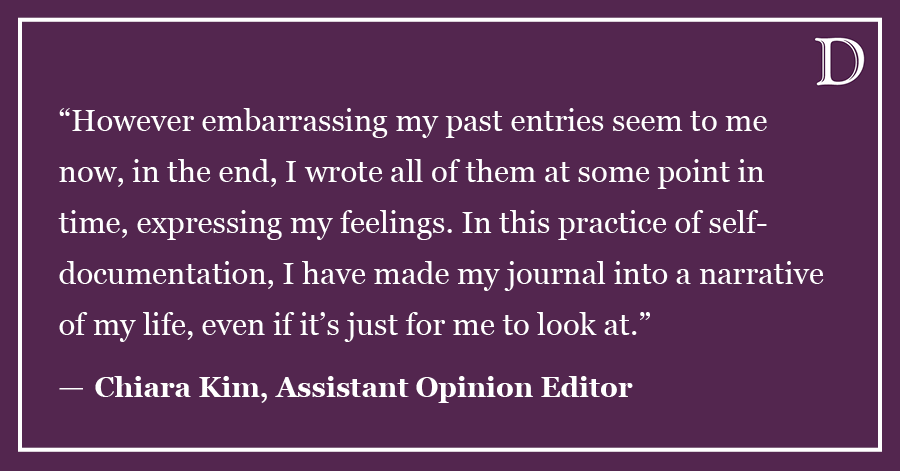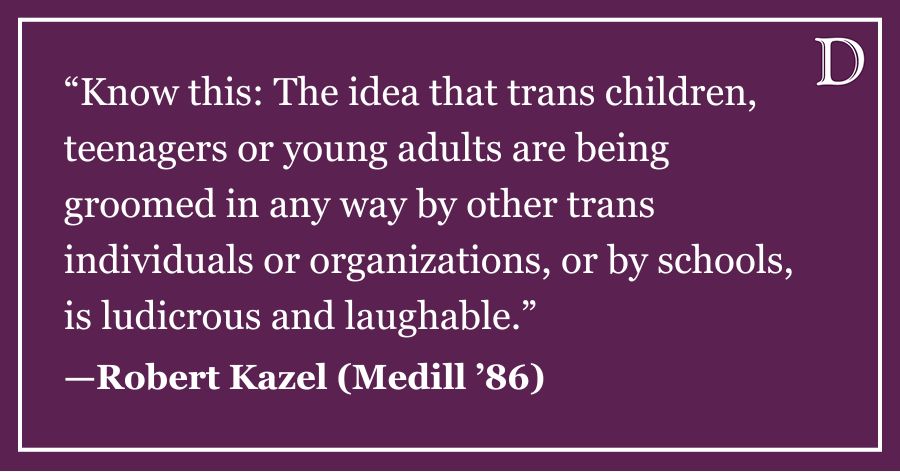Last week, voters in the state of Mississippi rejected a referendum that would have defined a fertilized embryo as a person in the state constitution. The referendum failed, which surprised many observers, as Mississippi is one of the most conservative – and pro-life – states. The idea of fetal personhood, one supported by many pro-life advocates and politicians, actually ends up framing the abortion debate in a way that’s unfavorable for pro-lifers. By asserting that embryos are persons, not merely potential persons or person-like beings, the supporters of fetal personhood are also asserting the impossibility of equal rights and consideration for women.
For decades, pro-choice advocates have been trying to make this exact argument: making abortion illegal would not only deny women control over their bodies, but their equal rights as full citizens. Even Ruth Bader Ginsburg has criticized Roe v. Wade for casting abortion as an issue of doctors and patients having the ability to make private medical decisions without government interference. Instead, she argues, the question of abortion should be about “a woman’s autonomy to determine her life’s course.”
In response, pro-lifers make the claim, plausible to many, that abortion is really a type of infanticide. Fetuses, the argument goes, are not things that can be removed in a medical procedure for health reasons, but instead are the most vulnerable members of our society, who deserve some protection against this violence.
But personhood casts this argument in a new light, in a way that pro-choicers have a much easier time opposing. If you think a zygote, embryo or fetus is a person, then every woman (or at least every sexually active woman) must fall under some suspicion, or even worse, intrusive surveillance. That’s because, as Harvard historian Jill Lepore argued in her recent New Yorker piece on the history of Planned Parenthood, “If a fertilized egg has constitutional rights, women cannot have equal rights with men.” The way this ends up working out is fairly obvious.
If you think a fetus is a person, then obviously forms of birth control that act as abortifacients would be illegal. But what about forms of birth control that obstruct implantation of a fertilized egg in the uterine lining? Is a hormone-treated intrauterine device the equivalent of child abandonment?
The idea of fetal personhood becomes a little farcical when one thinks of the number of fertilized eggs that are expelled from a woman without her ever even noticing: some 60 to 80 percent. If one thought that all these unlucky embryos were people, then as Harvard political philosopher Michael Sandel has said, “pregnancy would have to be regarded as a public health crisis of epidemic proportions: Alleviating natural embryo loss would be a more urgent moral cause than abortion, in vitro fertilization, and stem-cell research combined.” I doubt the most ardent supporters of fetal personhood believe this.
More seriously, the direct trade-off between protecting the “rights” of the fetus and the privacy and equal rights of women is most directly shown in the grim prospect of women who report having miscarriages being investigated by the police to see if the miscarriages were self-induced or actually abortions. Even with fetal personhood not being the law in any state, women are still being charged with crimes for mistreatment of fetuses that resulted in miscarriages.
Lepore’s New Yorker article in the Nov. 14 issue of the magazine is a history of Planned Parenthood, but it makes a more general point. The case for women’s equality, autonomy and privacy and the case for allowing the full spectrum of birth control methods – including abortion – are socially, historically and philosophically inseparable. And with personhood votes sure to pop up in other states in 2012, we might learn that they are politically intertwined as well.
Matt Zeitlin is a Weinberg senior. He can be reached at [email protected]













